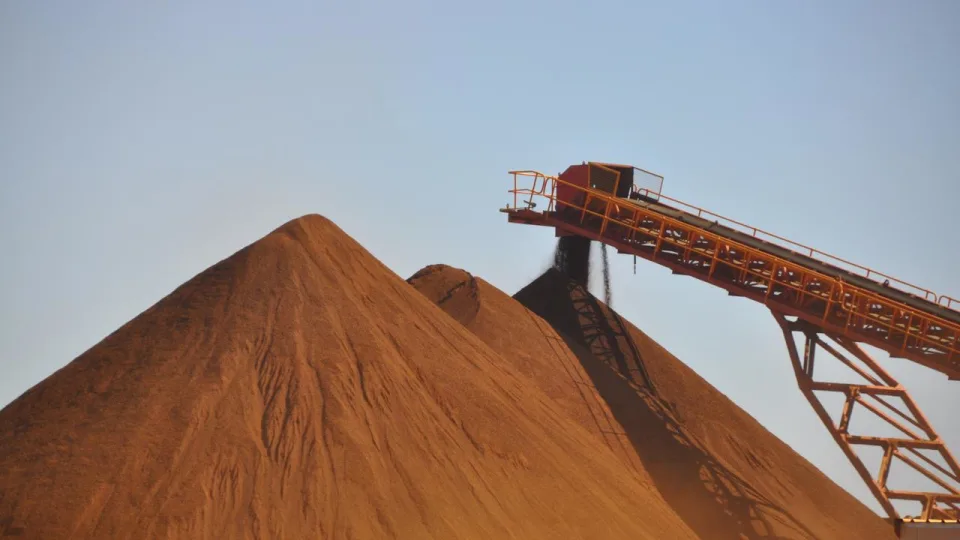More mining not less is needed to support the world’s climate change targets and avert a clean energy shortage, a global summit has been told.
The shift to new energy systems is gaining momentum and unlike previous transformation it relies on critical minerals and rare earths, Resources Minister Madeleine King said on Monday at a mining symposium in Brisbane.
An onshore wind power plant requires nine times more mineral resources than a gas-fired plant, Ms King said.
Each new megawatt of solar power requires 35-45 tonnes of steel, which still needs iron ore and coal despite “exciting developments” in hydrogen that may eventually lead to Australia producing green steel.
“That remains distant, so metallurgical coal will remain a necessary component of steel for some time to come,” she said.
The International Energy Agency says mineral requirements for clean energy technologies will need to quadruple by 2040 to keep global warming below 2C.
But the agency’s chief economist Tim Gould told delegates the projects in the world’s pipeline are not sufficient to meet the required scale.
He said lithium, cobalt, copper, nickel and rare earths, which Australia has in abundance, are essential to the new energy economy.
“And it’s emerging much faster than many people think,” said Mr Gould, who was speaking from Paris.
Critical minerals are “not a sideshow for clean energy, it’s really part of the main event”.
But the mining industry’s supply and investment plans are still geared towards more gradual action on climate change and there’s no guarantee of supply at the right time or cost, he warned.
With China investing heavily in its longstanding supply chains, geopolitical concerns will remain key – even in an electrified, renewable-rich energy system.
Critically, the industry must reduce its own greenhouse gas emissions even as it expands to meet surging demand for electric cars, solar panels, wind turbines and batteries – on wheels and for larger-scale energy storage.
Yet expanding the production of key minerals without a “battery passport” would be unwise, Global Battery Alliance chair Gillian Davidson warned the forum.
Like an energy efficiency sticker on a fridge, the alliance has a pilot program with Audi and Tesla that tracks a car’s components from mine source to vehicle.
The program links mine sites, processing and refineries with the aim of having verified data covering all the commodities used.
“Batteries are going to be the biggest purchase order in history,” Ms Davidson said.
Under the scheme, consumers would be able to click on a QR code and see whether their battery comes from sustainable mines or is linked to child labour, human rights abuses and environmental damage.
The four-day forum brings together top researchers, politicians, diplomats, consultants and company bosses from around the world.
Hosted by national science agency CSIRO, the World Mining Congress has attracted more than 3500 delegates to Brisbane.
Held in Australia for the first time, CSIRO mining expert Hua Guo said the event brings together people who can “reimagine mining”.
It is expected to attract vocal critics despite being affiliated with the United Nations, rather than a traditional industry conference, with tight security around the venue.
Federal opposition resources spokeswoman Susan McDonald warned development is at risk if anti-mining sentiment is allowed to flourish.
“Because if you stay silent, the vacuum will be filled by these anti-mining voices, and it won’t just be coal or gas or oil that will be targeted, it will be the whole resources sector,” she told the symposium.
Given the urgency of bringing on new mines and refineries, there is no time to delay because of red tape or “misinformation” from critics.
“The world cannot afford for Australia to not be a developed critical minerals supplier,” Senator McDonald said.
